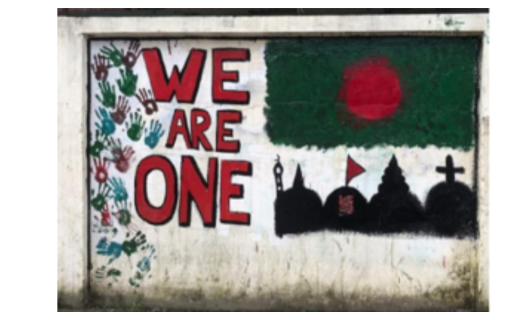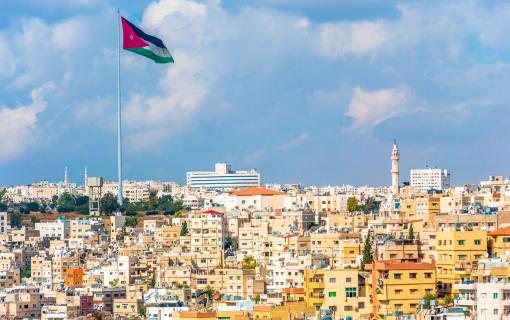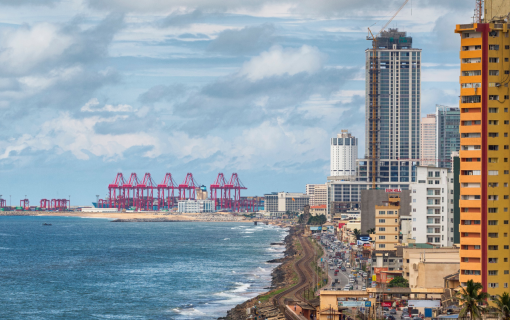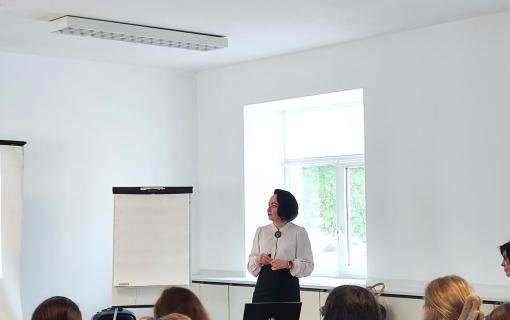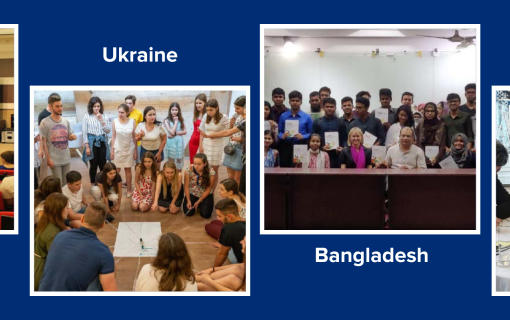Despite Successful Election, Political Violence is Still an Issue in Bangladesh: Political Parties are Key to its Eradication, Report Shows
Washington, DC –February 17, 2009— The political violence following Bangladesh’s historic December 2008 parliamentary election shows that the use of aggression as a political tool is still prevalent; political parties are instrumental to its eradication, finds a report released today by the human rights group Odhikar and the International Foundation for Electoral Systems.
The election, which returned the country to civil rule after two years of emergency rule, was hailed by national and international observers as fair and transparent. However, while in comparison to other elections it saw a marked decrease in political violence over the campaign period, there was a significant degree of post‐election violence throughout the country. According to Odhikar’s documentation, in 17 persons died and over 500 were injured in different places across the country.
This report gives insight into the tradition of political violence that has come to permeate Bangladeshi political culture and ways in which it can be eliminated.
In more than 90% of the cases monitored, election violence was instigated by political parties. Political parties could, therefore, help mitigate this problem by adhering to the Code of Conduct they often deviated from e.g. delivering inflammatory speeches and engaging in personal attacks against one another.
A greater engagement by the electoral stakeholders could also help reduce violent flare ups. The study found that violence was decreased in cases where civil society organizations worked at the grassroots level to reconcile differences between political parties. The security forces can also play a part in reducing election violence through peaceful and constructive interaction with electoral stakeholders. Odhikar’s report shows that security officers and/or police were very rarely perpetrators or victims of the violence. Odhikar monitors also noted that the districts in which little violence was observed were areas in which security forces were often present during party rallies and processions.
Ambassador (ret) Tariq Karim, vice president & COO of Bangladesh Enterprise Institute, comments: “Bangladeshis can be justifiably proud and claim that the recent national and local elections in Bangladesh were expressions of the people’s will, exercised freely and fairly in a very largely transparent manner, and therefore have domestic and international credibility. Attempts by certain groups or people, whether affiliated with any particular political or not, to still indulge in political violence as a tool for registering dissent goes against these aspirations and can only undermine the democratic process, and indeed militates against the will of the people. The nation now needs to focus all its energies on strengthening the core institutions and on nation‐building for economic development and progress. The people and leaders of Bangladesh must now continue to sustain the idea and process of a truly pluralist democracy that is tolerant of dissent that does not cross the lines of sedition or aim at disrupting societal stability. “
Odhikar monitored election‐related violence in 40 out of 64 districts in Bangladesh. These districts were selected based on their records of violence during the 2001 elections and a number of other factors. The data was compiled by district monitors who collected information in the working areas and then verified the findings with a number of sources including eyewitnesses, media, hospitals, police reports and election officials.
Since 2006, IFES has partnered with Odhikar to assess and monitor election violence in Bangladesh and find ways to mitigate it under IFES’ Election Violence Education and Resolution (EVER) project which provides training and tools that enable civil society organizations to identify, monitor, and mitigate election‐related violence, and interact with local stakeholders to encourage dialogue to find solutions to this problem. This project was conducted with support from the United Kingdom’s Department for International Development (DFID) and the Asia Foundation.
###
The International Foundation for Electoral Systems (IFES) is the world’s premiere election assistance organization, providing countries with technical advice and tools to run democratic elections.





